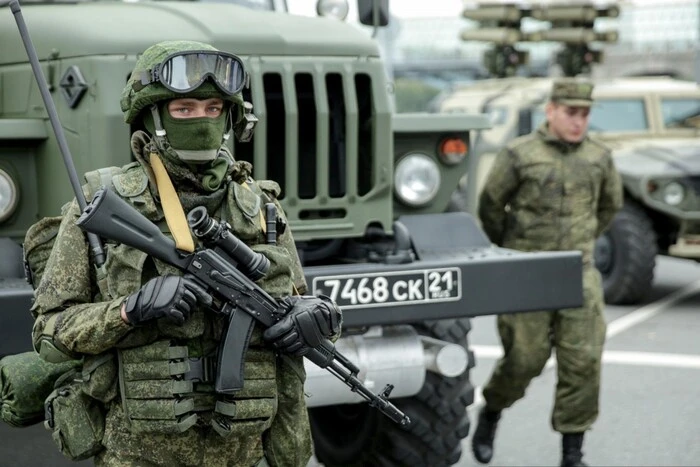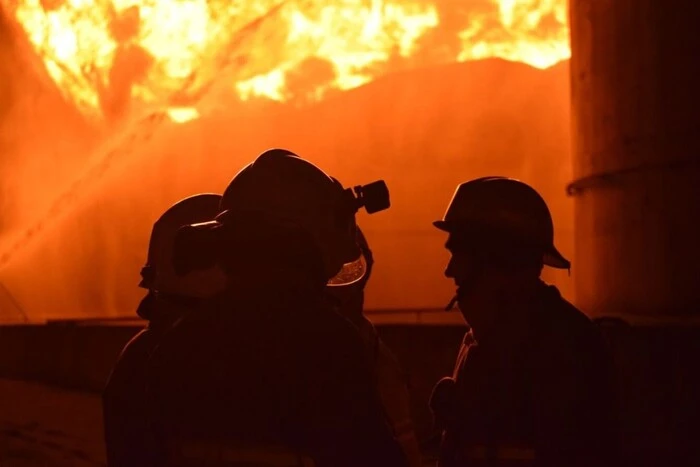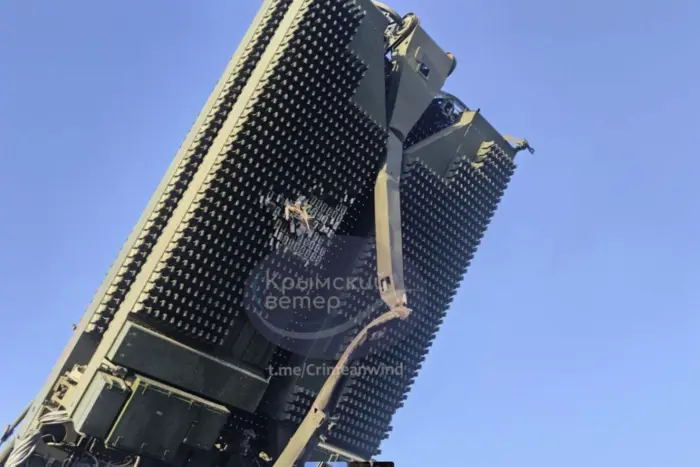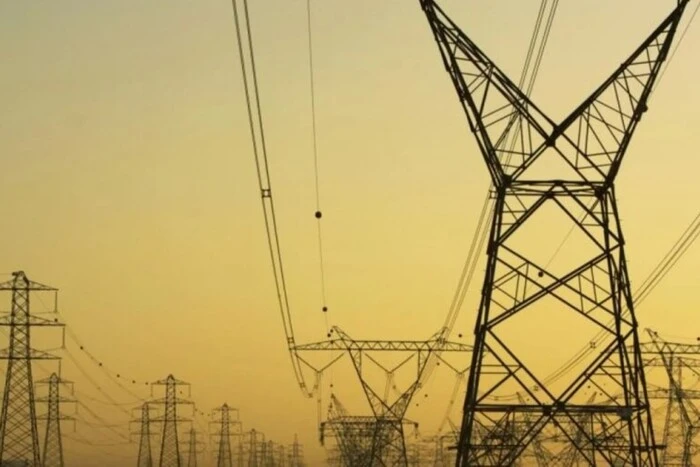Russia's tactics will lead to a slowdown in its advances on the front – ISW.


Analysts from the Institute for the Study of War (ISW) stated that Russia's tactics in the war with Ukraine may lead to a deterioration of Russian resources and excessive sentiment on the front. The Russian military command considers losses in personnel and equipment necessary but ignores the shortage of material resources for further offensive operations. Commanders on the front lines are pressured by their superiors, who desire more infantry assaults. Such attacks may significantly reduce the availability of Russian personnel and equipment, as well as force them to slow their pace of advance in less prioritized areas of the front.
Earlier, ISW reported that Russia had returned to its usual tactics of attacking Ukraine, abandoning the ceasefire. Russian troops are increasingly using drones to break through Ukrainian air defenses.
Analysis
According to the Institute for the Study of War (ISW), the tactics that Russia is using in the war with Ukraine may negatively affect Russian resources and troop movements on the front. The Russian military command attempts to present losses as necessary to achieve their goals, but this leads to a shortage of material resources for further combat operations. Commanders on the front lines are forced to carry out assault orders without sufficient planning and under pressure from their superiors. This may lead to reduced effectiveness of Russian forces and a slowdown in their advances. Analysts warn that such tactics may have negative consequences for Russia and aid in the Ukrainian defense.
Read also
- Russian drones hit a gas station in Kharkiv
- Front line as of April 30. Summary of the General Staff
- Extension of the term for return from the Strategic Armed Forces, Svitolina in the semifinals of WTA 1000. Main news for April 30
- The radar station S-400 has been destroyed in the Crimean Peninsula (photo)
- The Gauleiter of Nova Kakhovka Arrested Due to Scandalous Video on Victory Day
- Ukraine plans to introduce about 1 GW of new generation this year










